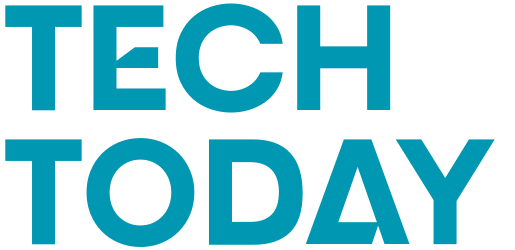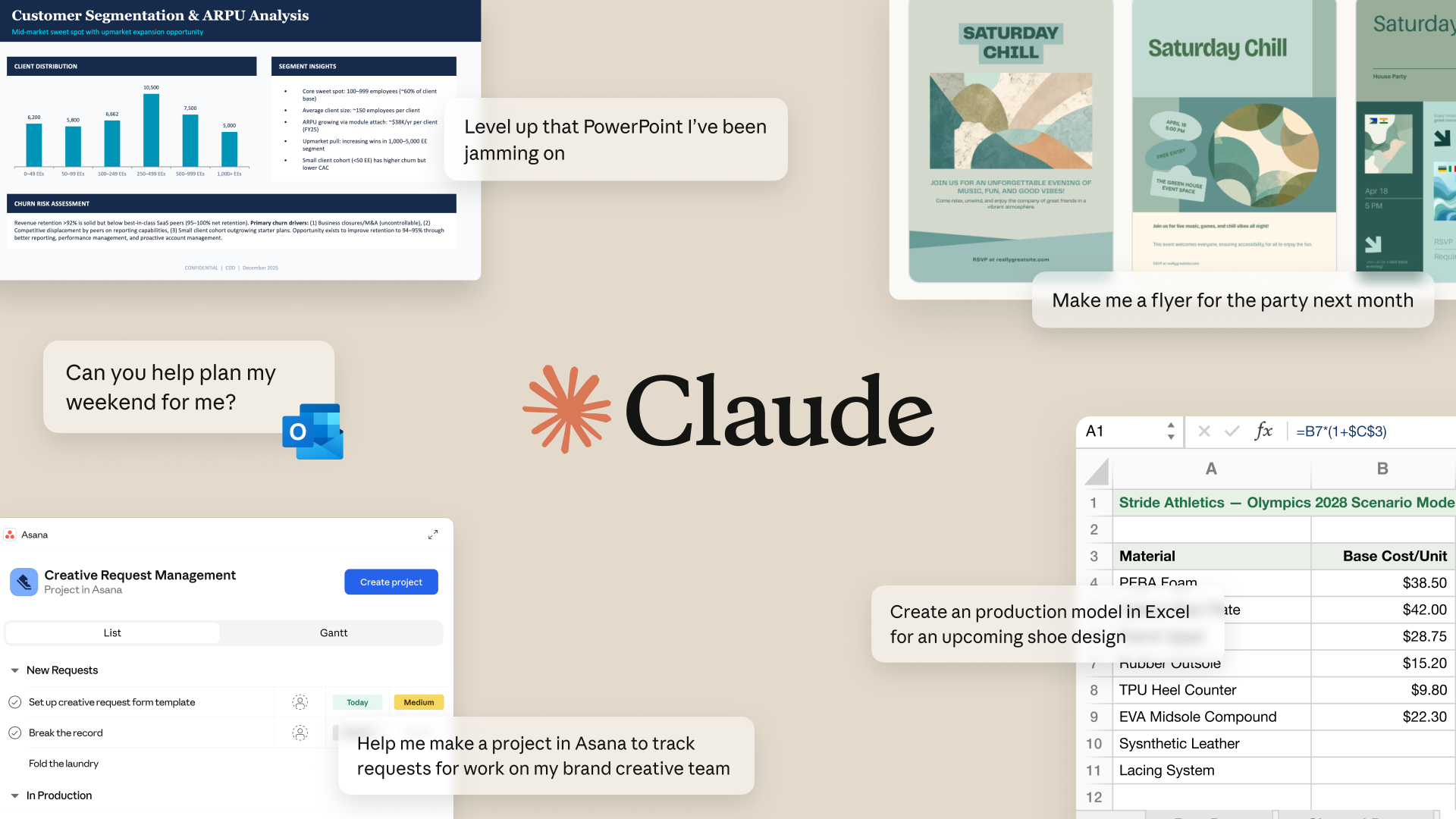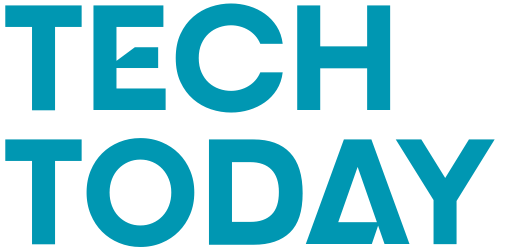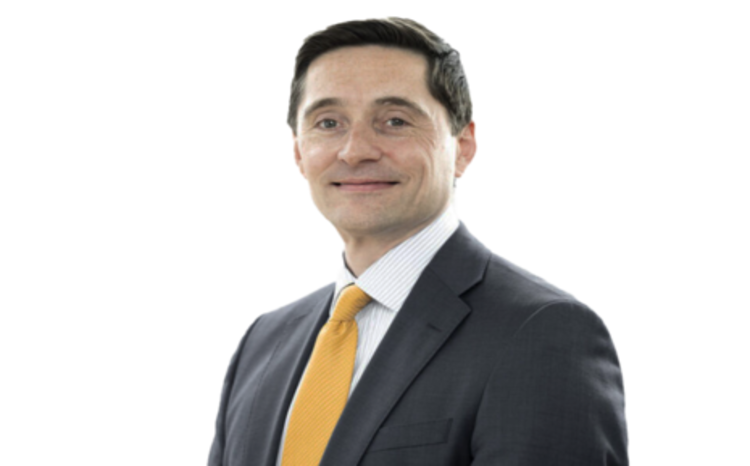Lawrence Tallon, chief executive at the Medicines and Healthcare products Regulatory Agency (Credit: MHRA)
A new national commission which includes experts from Google and Microsoft will help to accelerate access to AI ambient voice technology (AVT) for clinical note taking.
Early tests of AVT found “transformative benefits” for patients and clinicians, but its adoption has been held back by regulatory uncertainty.
The UK National Commission on the Regulation of AI in Healthcare, which includes experts from big tech companies, leading clinicians, researchers and patient advocates, will advise the Medicines and Healthcare products Regulatory Agency (MHRA) on speeding up access to the latest AI tools.
Lawrence Tallon, chief executive of the MHRA, said: “We want regulation of AI in healthcare to move at the pace of innovation.
“AI has enormous potential to transform patient outcomes, improving quality, access and equity of care while driving efficiency.
“It is crucial that AI regulation maintains patient safety and public confidence.
“By bringing together leading voices in healthcare, technology, and patient safety, this commission will help establish the UK as a global leader in responsible AI healthcare regulation.
“The MHRA will act on the recommendations of the commission to support the NHS’s digital transformation and advance the UK’s ambition to become a global hub for health tech investment.”
Supported by the Health Foundation as a research partner, the commission will help to write a regulatory rulebook on AI in healthcare, to be published in 2026, providing regulatory clarity on AI tools such as those for radiology and pathology, and remote monitoring systems.
Jennifer Dixon, chief executive of the Health Foundation, said: “While the NHS 10 year plan set a bold vision for AI, regulation must keep pace with innovation and facilitate effective use and spread.
“A robust and ethical framework is essential to maintain momentum, build trust in the technology among staff and patients and ensure the UK remains a leader in responsible AI in healthcare.”
The approach is also hoped to attract technology companies to invest in developing and using their innovations in the UK.
Liz Kendall, science secretary, said: “This commission will ensure the UK leads the way in making these game-changing technologies available in the safest possible way, helping more of us to lead healthy, longer lives and supporting our NHS.”
The commission will be chaired by Professor Alastair Denniston, head of the UK’s Centre of Excellence in Regulatory Science in AI & Digital Health, and deputy chaired by Professor Henrietta Hughes, patient safety commissioner for England.
Denniston said: “This commission marks a vital step in ensuring the UK leads the way in responsible innovation, and in accelerating the availability of AI technologies that can support better health for everyone.
“By bringing together diverse expertise we can build a regulatory framework for AI that is trusted by the public and health professionals, and delivers real benefits for patients.”
A formal call for evidence will be launched inviting contributions from across the UK and internationally, helping to shape the commission’s recommendations and address the most pressing challenges in AI regulation.
Professor Hughes said: “AI in healthcare has the potential to bring huge benefits for patients, but it must be carefully regulated.
“In developing the use of AI in healthcare we must listen to patients’ views to ensure that its use is safe and equitable.”












